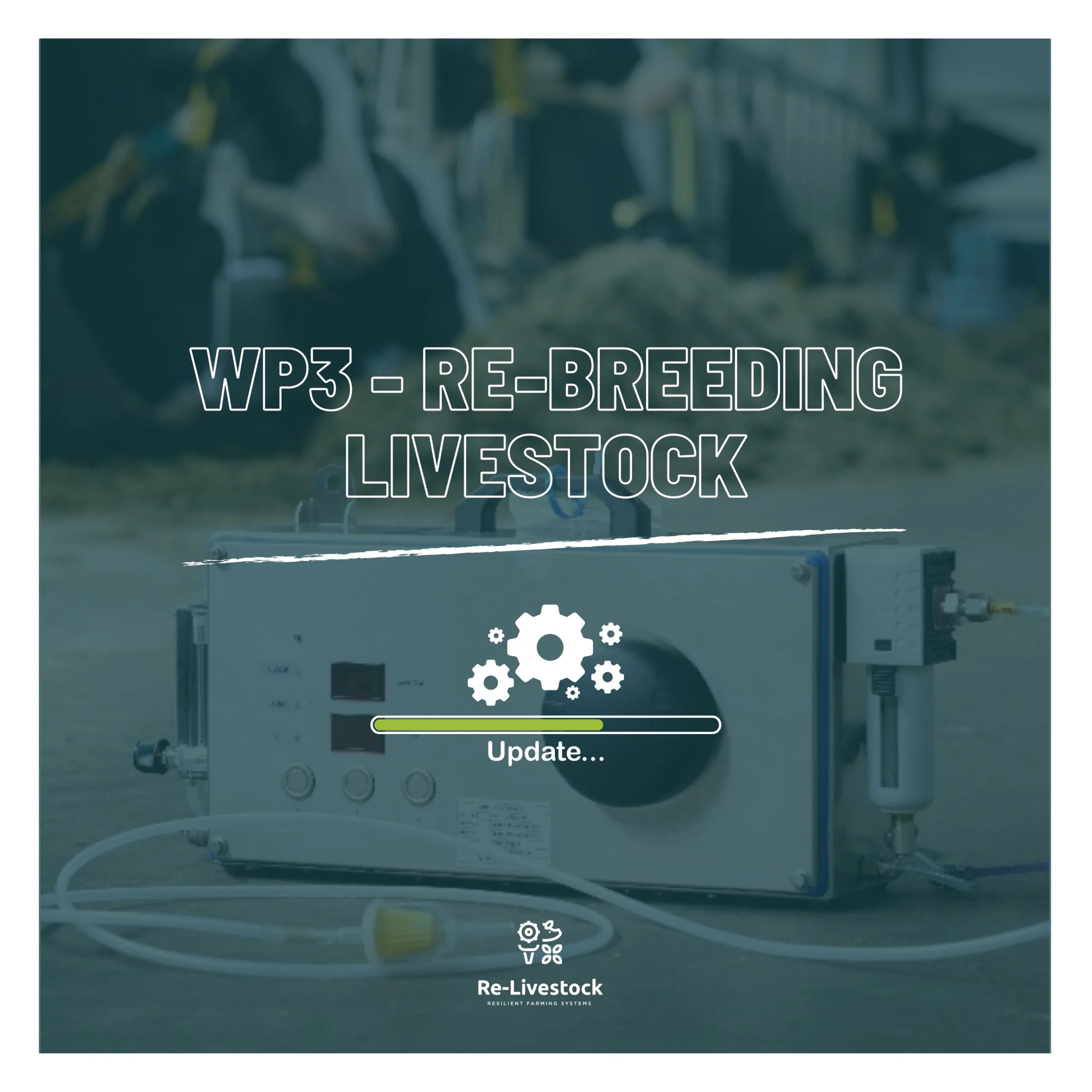Animal breeding is an effective tool to reduce methane emission!
The aim of Re-Livestock Work package 3 is to demonstrate the potential of animal breeding as climate change mitigation tool in cattle. Specific interest is given to reduce methane emission of cattle on genetic level. Re-Livestock partners INIA-CSIC, CRV, PULS, UQ and WR are recording individual methane emission in diary cows and beef cattle in research and commercial farms. To improve the accuracy of breeding values for lower methane emission, collaboration across countries is key! In April, the partners collate phenotypes and genotypes of 12,500 cows to form a reference population to estimate genomic breeding values for lower methane emission. The phenotype trait definition is important when working across countries. Here, harmonisation is needed! Task 3.1 partners deliver important contributions in the area of harmonisation and standardisation of traits across countries for methane emission. INIA-CSIC, PULS and WR develop the best definitions for methane emission recorded with so-called sniffers, i.e. a sensor establishing the methane concentration in the air exhaled by cows at milking sessions.

Animal breeding is globally recognized as an effective methane emission mitigation tool in ruminants. Re-Livestock partner Wageningen Livestock Research recently received a 5 million dollar grant from the Bezos Earth Fund to coordinate worldwide efforts to breed cattle with reduced methane output. The “Global Methane Genetics” program in collaboration with the Global Methane Hub aims to bring together the many efforts in different countries to breed next-generation low-methane cattle. The activities of Re-Livestock match very well objectives of this large global initiative.
Global Methane Genetics program coordinated by Re-Livestock WR (https://www.wur.nl/en/research-results/research-institutes/livestock-research/show-wlr/5-million-grant-for-breeding-efforts-to-reduce-methane.htm)
Bezos Earth Fund: https://www.bezosearthfund.org/
Global Methane Hub: https://www.globalmethanehub.org/
Contact: Birgit.gredler-grandl@wur.nl
